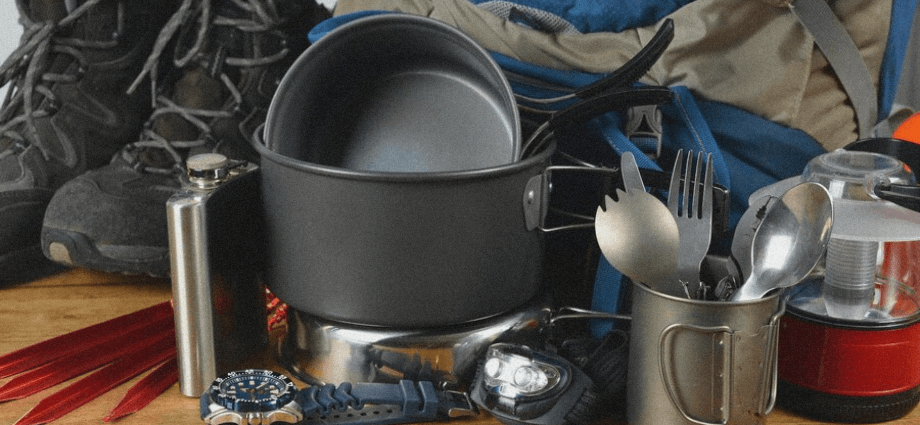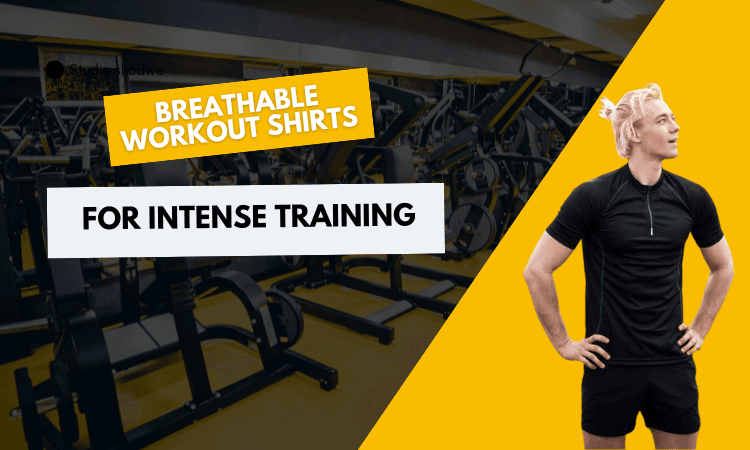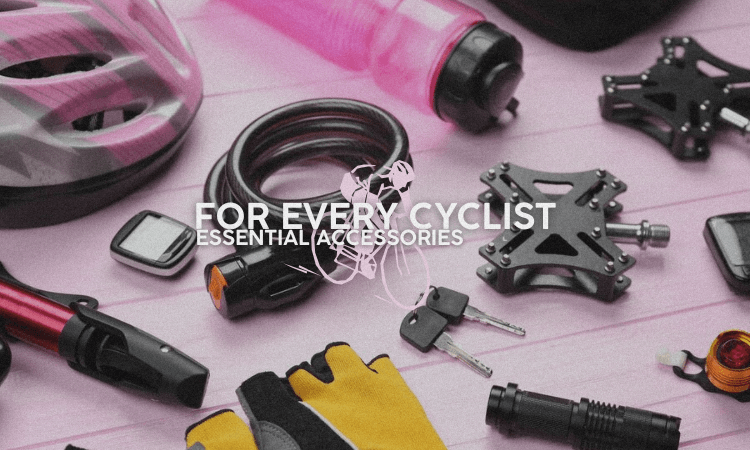Maintaining your camping equipment is essential for ensuring its longevity and performance. Proper care can prevent damage, save you money in the long run, and enhance your outdoor experience. In this article, we will discuss various ways to care for your camping gear, including cleaning, storing, and maintaining different types of equipment. This guide will help you keep your gear in top condition for your next adventure.

Cleaning and Storing Tents
Cleaning Your Tent
Regular cleaning of your tent is crucial to prevent mold, mildew, and dirt buildup. After each trip, set up your tent and gently clean it with a mild soap and lukewarm water. Avoid using harsh detergents or scrubbing too hard, as this can damage the fabric.
When cleaning your tent, start by setting it up in a well-ventilated area. Use a soft sponge or cloth to clean the tent’s exterior and interior, rinse thoroughly with clean water, and allow it to dry completely before packing it away. This process ensures that no moisture remains, preventing the growth of mold or mildew during storage.
Storing Your Tent
Proper storage of your tent can prevent damage and extend its lifespan. Ensure your tent is completely dry before storing it to avoid mold and mildew growth. Store it in a cool, dry place away from direct sunlight and sharp objects.
Using products like Gear Aid Seam Grip+WP Tent Seam Sealer can help maintain waterproof seams, while Nikwax Tent and Gear SolarProof can protect your tent from UV damage and enhance its waterproofing.
Maintaining Sleeping Bags

Cleaning Sleeping Bags
Sleeping bags should be cleaned regularly to maintain their loft and warmth. Depending on the type, you can either machine wash or hand wash your sleeping bag. Use a gentle detergent designed for down or synthetic insulation.
Machine washing requires using a front-loading washer with a gentle cycle, avoiding top-loading washers with agitators that can damage the insulation. Hand washing involves filling a bathtub with lukewarm water and a gentle detergent, kneading the sleeping bag gently, and rinsing thoroughly.
Products like Nikwax Down Wash Direct and Granger’s Down Wash are specifically designed for cleaning down sleeping bags, ensuring that their insulation properties are maintained.
Storing Sleeping Bags
Proper storage of sleeping bags is essential to maintain their loft and insulation properties. Avoid compressing your sleeping bag for extended periods. Instead, store it in a large, breathable storage bag or hang it in a cool, dry place.
Using storage solutions like the Sea to Summit Ultra-Sil Compression Sack can help keep your sleeping bag compressed and protected when not in use.
Caring for Cooking Equipment
Cleaning Cookware
Keeping your cookware clean is important for hygiene and longevity. Use biodegradable soap and scrub pads to clean your pots, pans, and utensils after each use. Avoid using harsh chemicals that can damage the cookware.
For non-stick cookware, use a soft sponge and mild detergent to prevent scratching the surface. Stainless steel cookware can be scrubbed with a gentle abrasive pad and soapy water, while cast iron cookware should be cleaned with hot water and a stiff brush, then dried and oiled to prevent rust.
Biodegradable soaps and scrub pads are essential for removing food residues without damaging the cookware, ensuring that your cooking equipment remains in good condition.
Storing Cookware
Store your cookware in a dry, clean place to prevent rust and damage. Nest pots and pans to save space, and keep utensils organized in a dedicated storage container. This helps maintain their shape and prevents scratches and dents.
Maintaining Backpacks
Cleaning Your Backpack
Regular cleaning of your backpack can prevent odors, mold, and wear. Empty the backpack and remove any detachable parts. Clean the interior and exterior with mild soap and warm water. Use a soft brush to scrub any stubborn spots.
To clean your backpack, start by emptying all pockets and compartments, brushing off loose dirt and debris, and then cleaning with a sponge or brush and mild soap. Rinse thoroughly and let it air dry.
Using cleaning kits like the Osprey Backpack Cleaning Kit can help maintain your backpack’s cleanliness and durability.
Storing Your Backpack
Store your backpack in a cool, dry place. Avoid compressing it too much to maintain its shape and structure. Hanging it or laying it flat can prevent damage to the frame and padding.
Caring for Footwear
Cleaning Hiking Boots
Cleaning your hiking boots after each trip is crucial for maintaining their performance and durability. Remove the laces and insoles, then clean the boots with a brush and mild soap. Rinse thoroughly and allow them to air dry.
When cleaning hiking boots, start by removing dirt and debris with a brush, then clean with a sponge or brush and mild soap. Rinse thoroughly and let them air dry away from direct heat to prevent damage.
Using products like Nikwax Fabric & Leather Proof can enhance water repellency and breathability, ensuring that your boots remain in good condition.
Storing Hiking Boots
Store your hiking boots in a cool, dry place. Stuff them with newspaper or use boot trees to maintain their shape. Avoid storing them in damp areas to prevent mold and mildew.
Using boot bags can help protect your boots during storage and transport, ensuring that they remain in top condition for your next adventure.
Conclusion
In conclusion, proper care and maintenance of your camping equipment are essential for ensuring its longevity and performance. By following the guidelines for cleaning, storing, and maintaining your tents, sleeping bags, cooking equipment, backpacks, and footwear, you can enhance your outdoor experience and extend the life of your gear. Investing time in proper care will save you money in the long run and help you enjoy many successful camping trips in the future.



